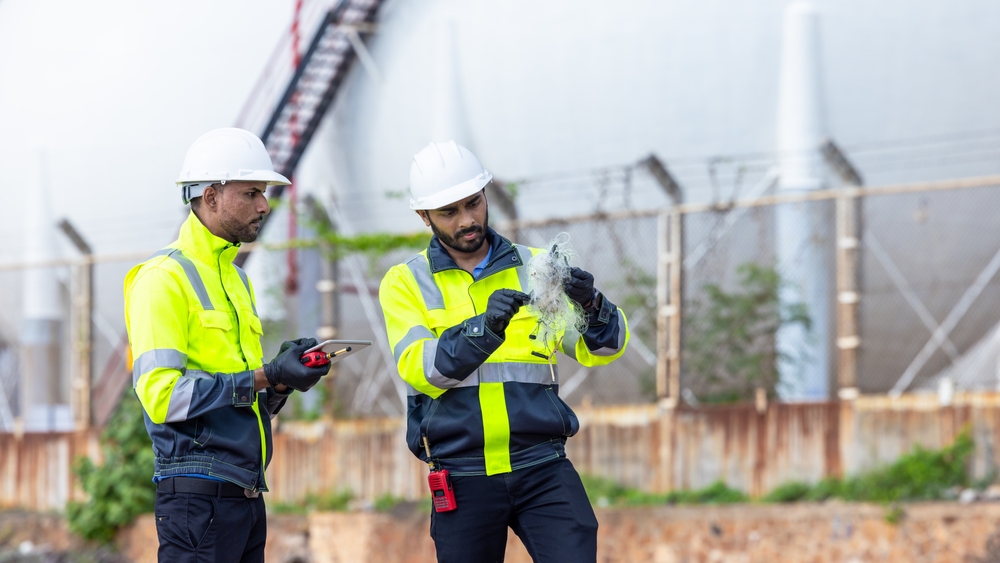How SaaS Solutions Are Transforming Chemical Safety and Waste Management The chemical industry plays a critical role in modern life, driving innovation …

Why Real-Time Data Enhances Quality Control in Textiles
Quality control is key in the textiles business. From raw materials to end garments, guaranteeing consistency, sustainability, and conformity with requirements could make or break a brand in the market. However, most textile companies continue to use antiquated, manual systems that are prone to errors and inefficiency. Here is where real-time data steps in and saves the day.
At POSITIIVPLUS, we assist textile businesses in utilizing real-time information and ESG-based tools to become quality control leaders while addressing sustainability objectives. This blog discusses how real-time monitoring revolutionizes textile manufacturing, minimizes waste, and enhances brand reputation.
Why Quality Control is Important in Textiles
- Customer Expectations
Textile and fashion brands need to provide products with stringent quality standards. Every flaw affects customer satisfaction and loyalty.
- Global Competition
With proper sequencing in production lines and regions, consistency is crucial for competitiveness with fast fashion and global supply chains.
- ESG and Sustainability Standards
Governments, consumers, and retailers increasingly demand responsible environmental practices, thus making traceability and quality control indispensable.
How Real-Time Data Transforms Textile Quality Control
- Early Detection of Defects
Sensors and AI-based tools detect weaving, dyeing, or finishing defects in real-time, enabling manufacturers to correct problems before they get out of control.
- Less Waste and Costs
By capturing defects in early stages, real-time monitoring reduces rework, raw material losses, and production schedule delays—adding to sustainability.
- Uniform Production Across Plants
Having multiple plants or manufacturing lines, real-time monitoring helps maintain the same quality standards in all plants.
- Enhanced Traceability and Compliance
Computerized monitoring systems give auditable evidence of product quality, enabling ESG compliance and international certifications.
- Improved Supplier Accountability
Suppliers providing raw materials to textile manufacturing can also be tracked, ensuring quality since day one.
Conclusion: Data as the Fabric of Quality and Sustainability
Real-time information allows textile producers to surpass reactive quality inspections to proactive, predictive, and sustainable manufacturing. Combining real-time monitoring with ESG-focused strategies, enterprises can guarantee compliance, save costs, and advance their reputation in a highly competitive marketplace.
At POSITIIVPLUS, we offer textile market leaders innovative solutions and sustainable tools that enhance quality control while augmenting ESG commitment.
Enhance the quality of textiles with real-time information. Discover more about our ESG-driven solutions at POSITIIVPLUS.
Emerging Trends in Chemical Regulatory Reporting for 2025 and Beyond. The chemical industry is entering a transformative phase where regulatory reporting is …
The Role of ESG in Building a Sustainable Chemical Supply Chain The chemical industry is at the heart of global progress, powering …
Global Chemical Safety Compliance Challenges Faced by Manufacturers The chemical industry is one of the world’s most dynamic and impactful sectors, fueling …



